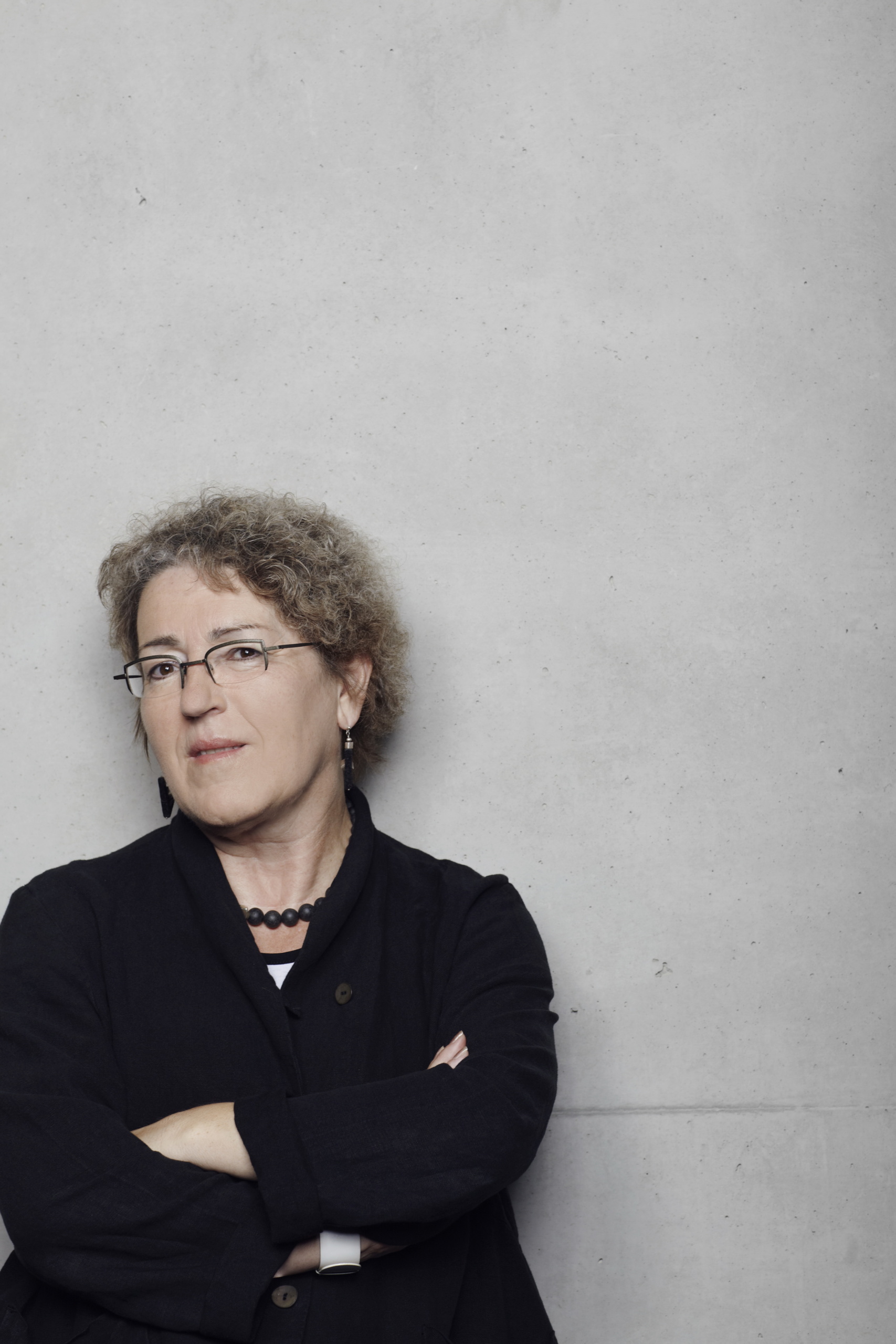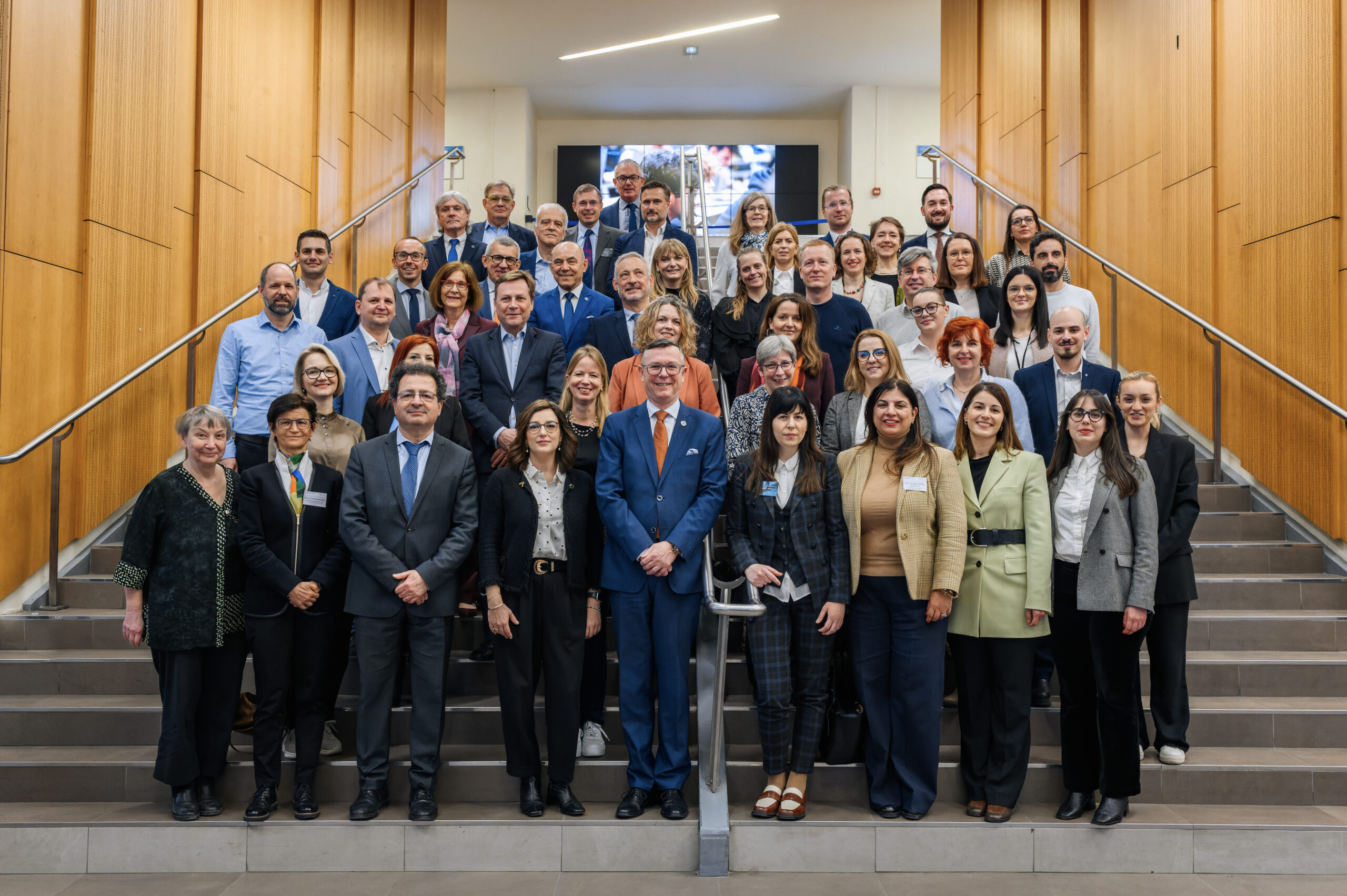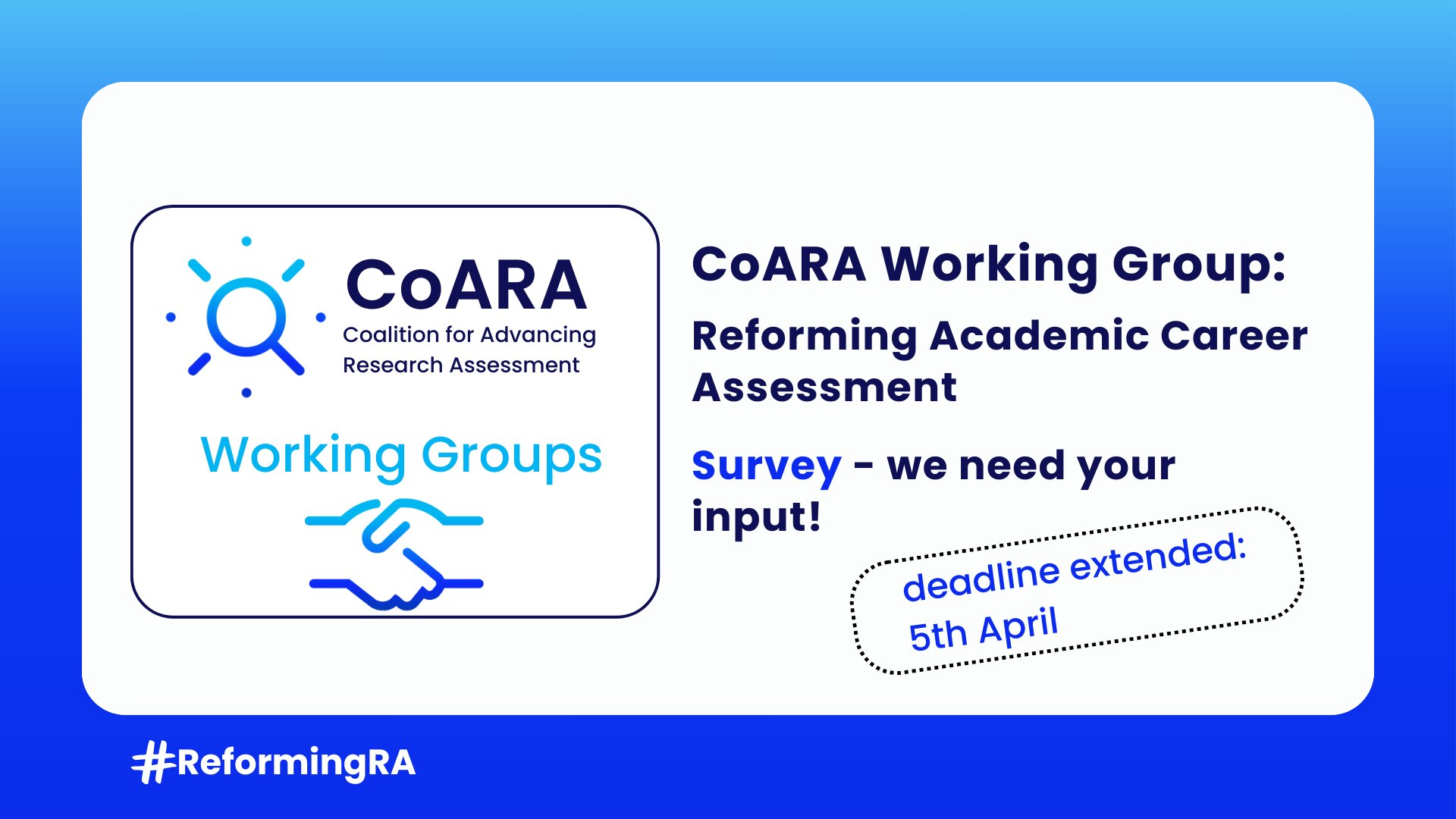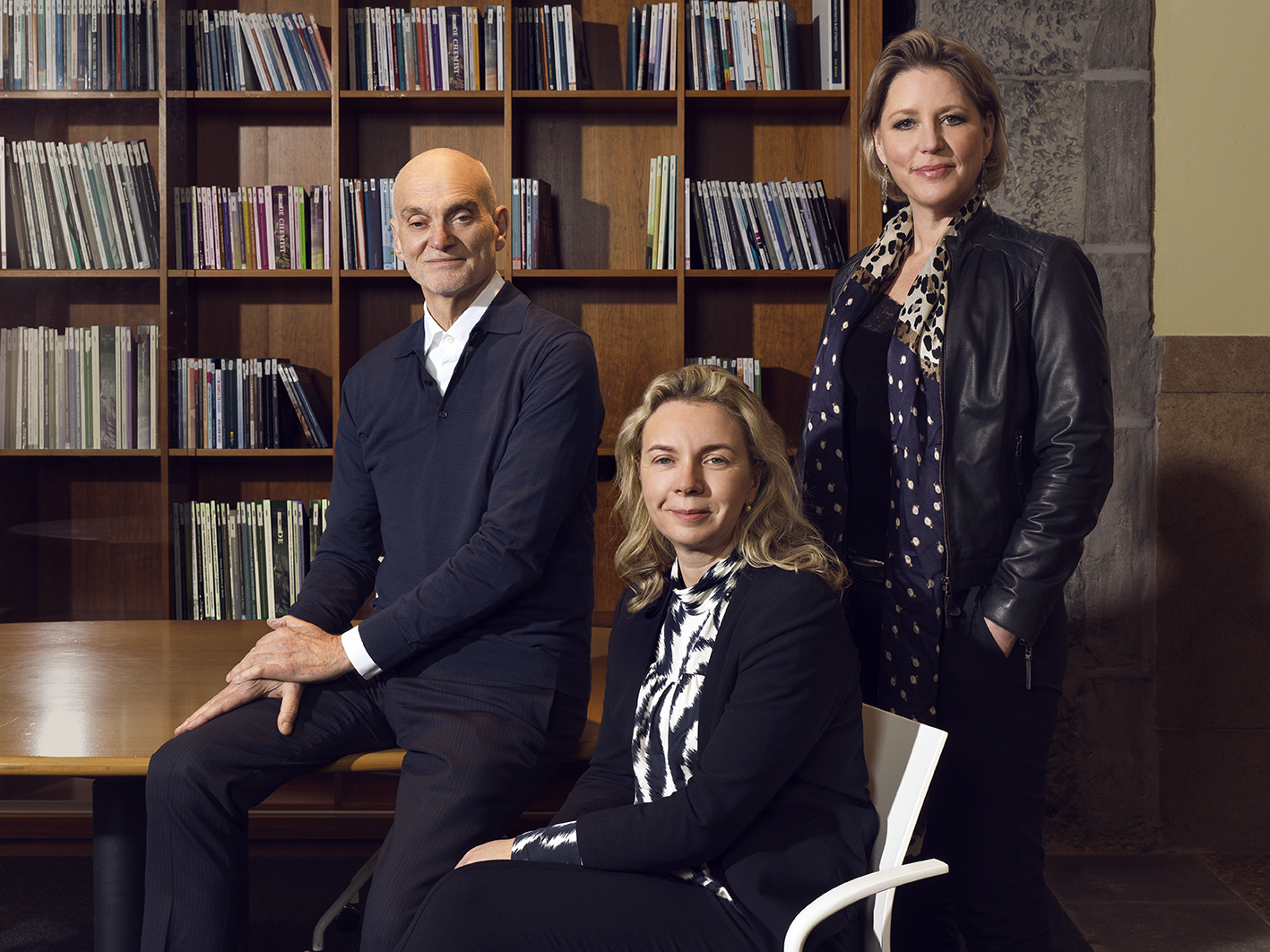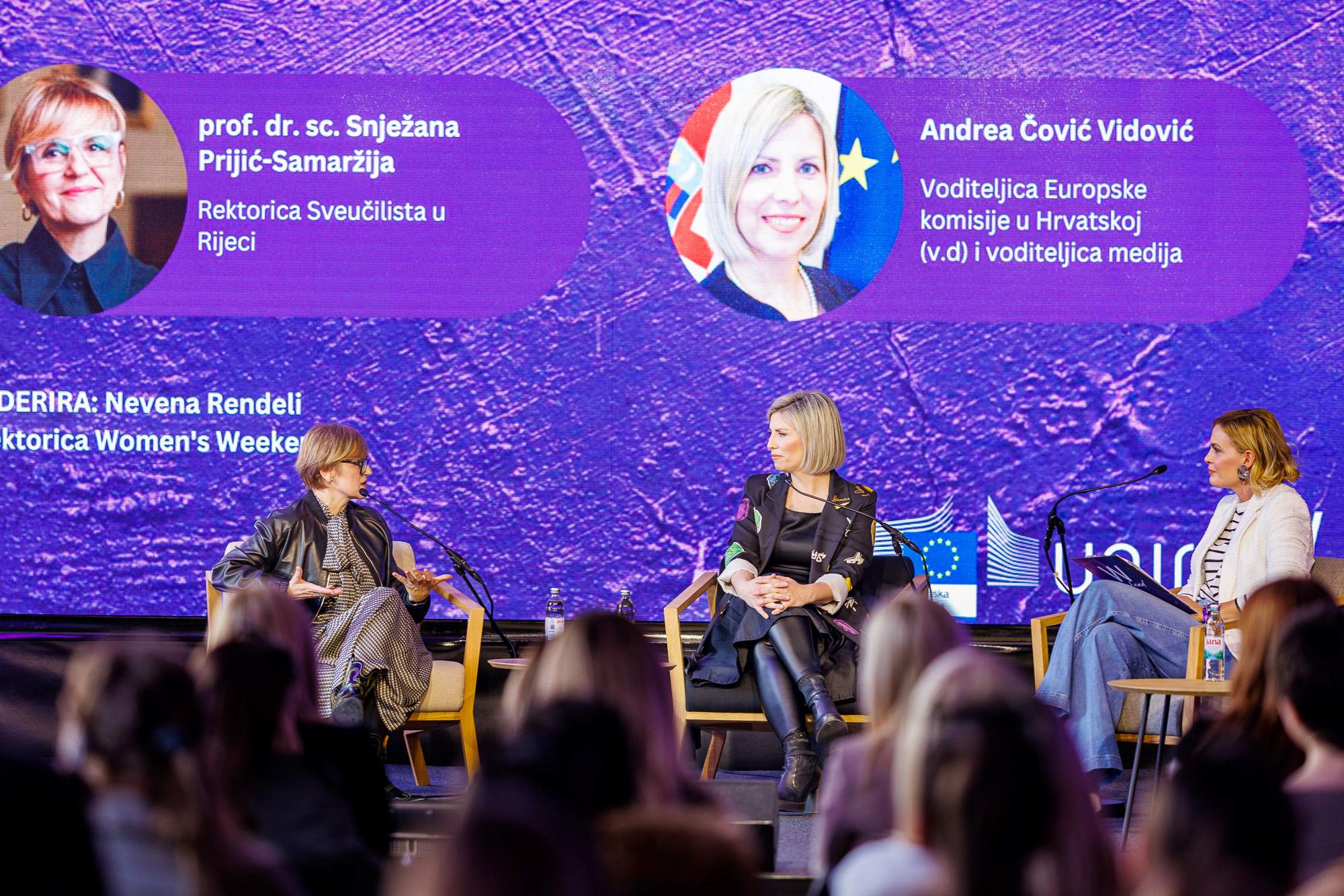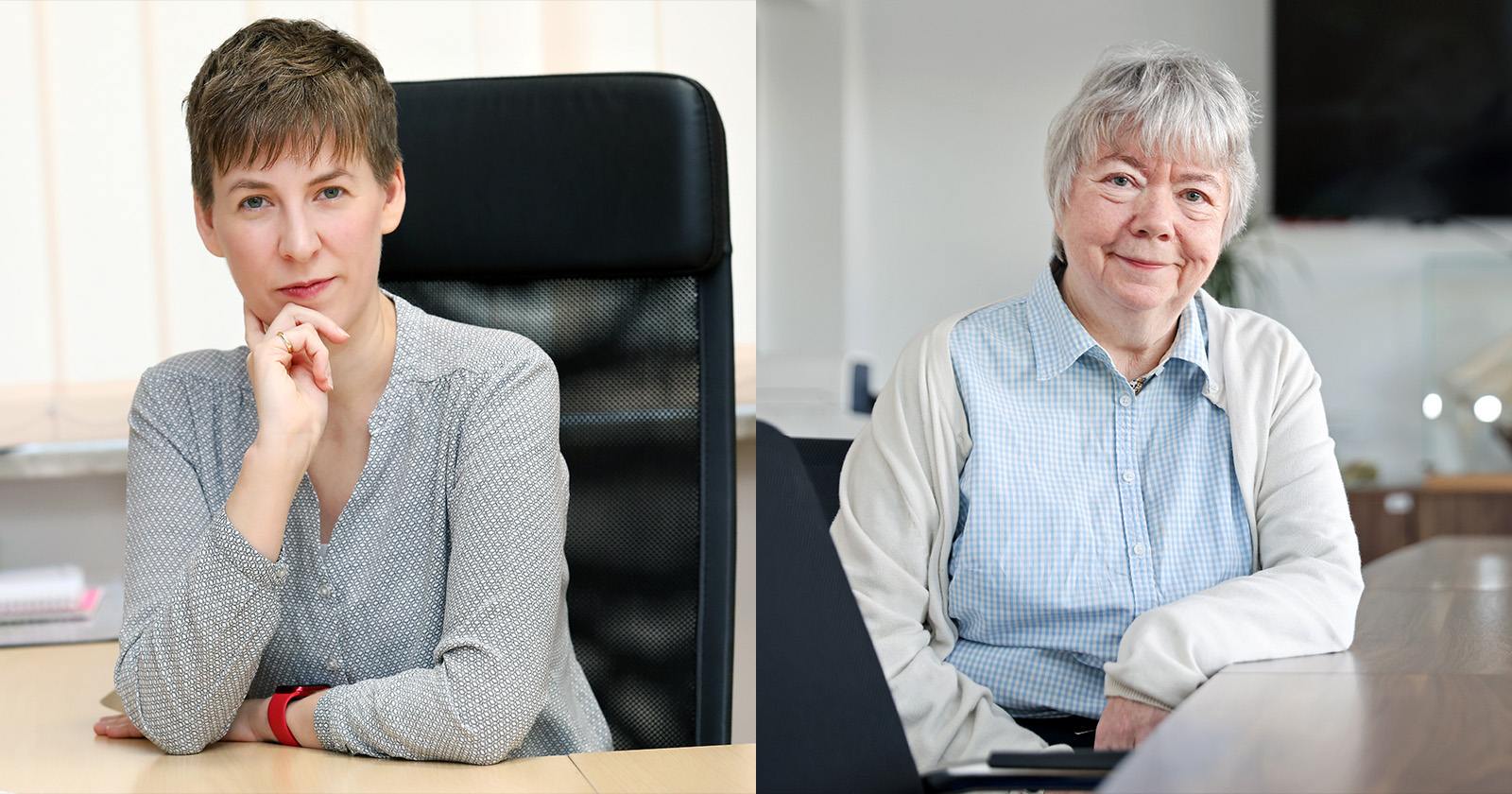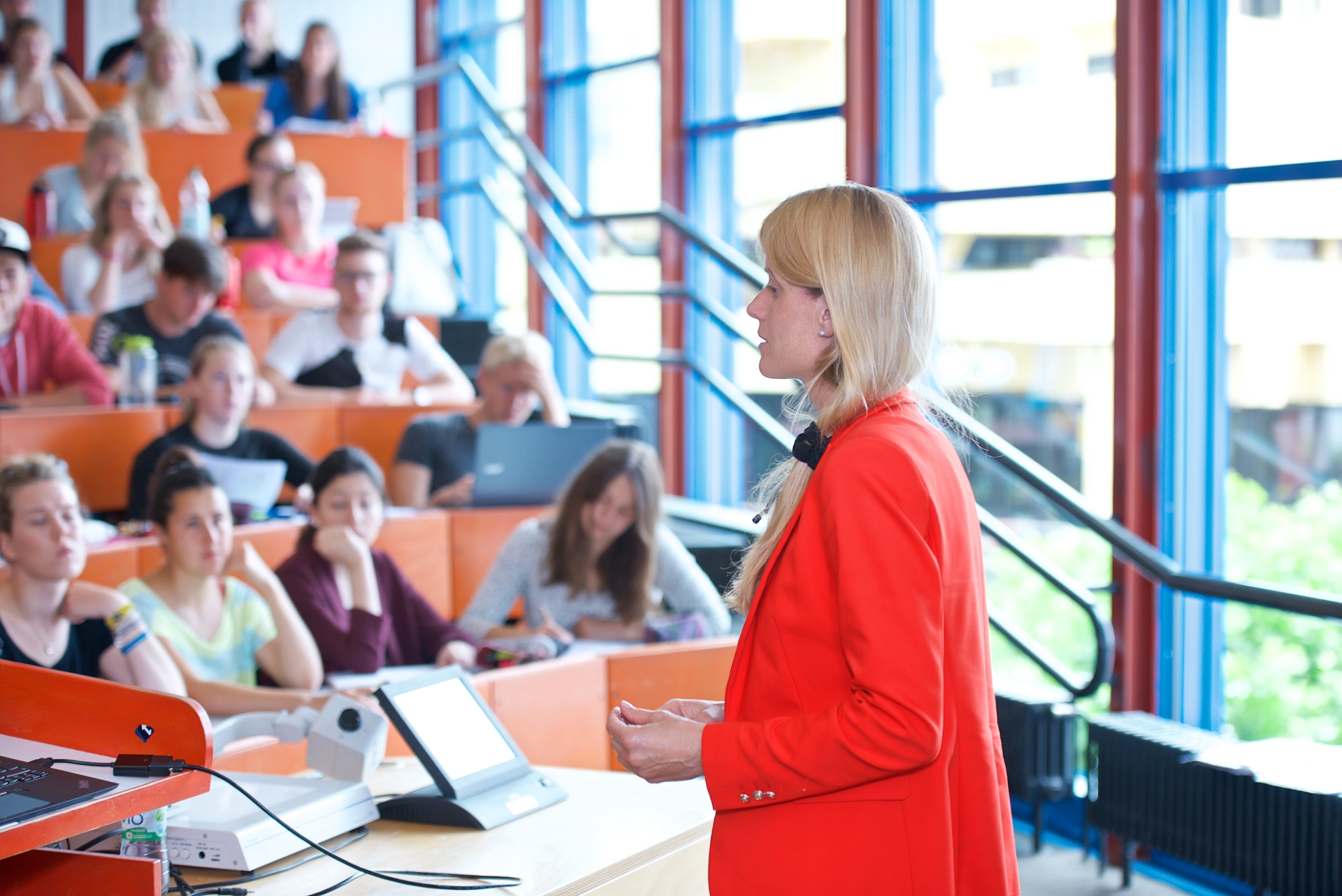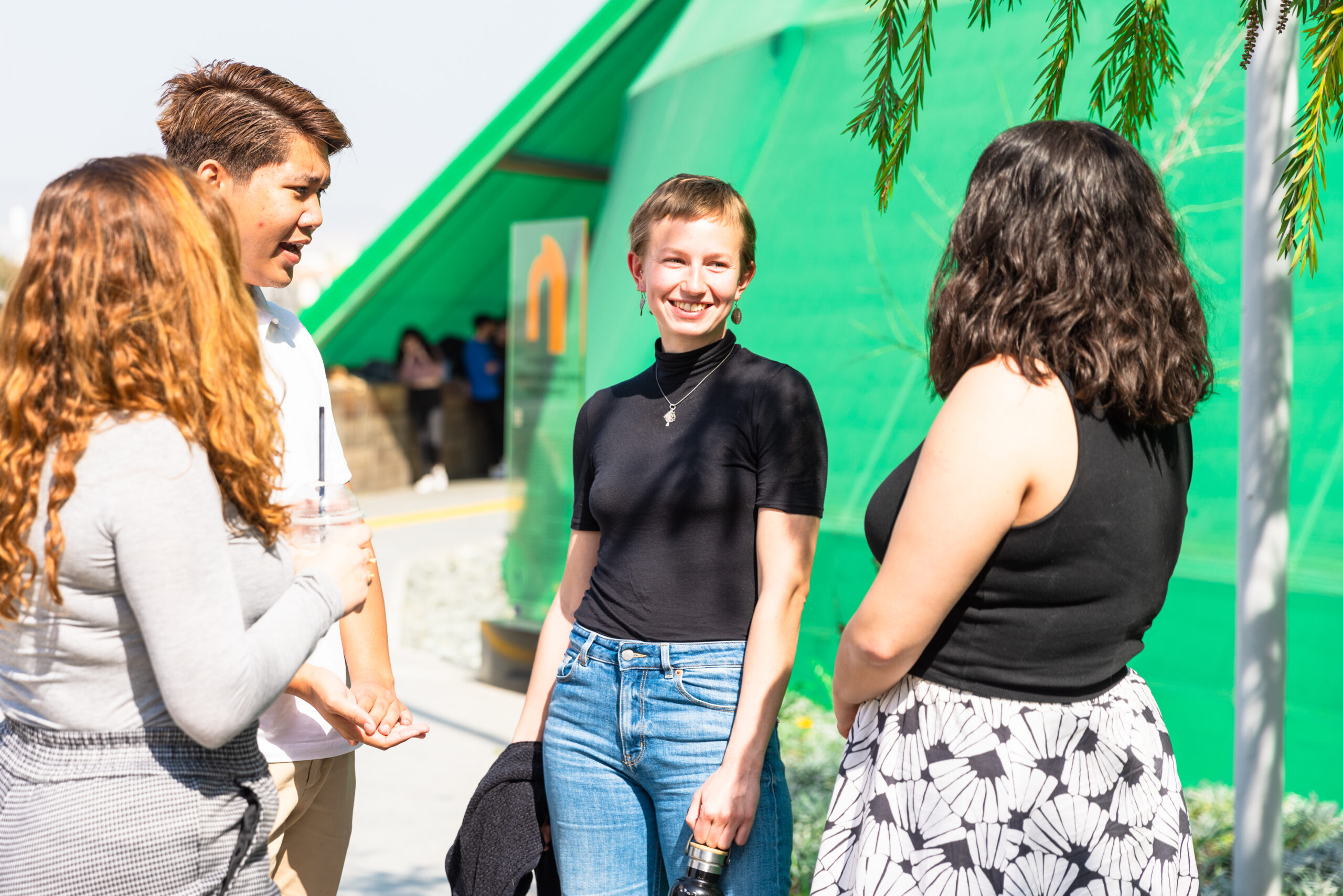The first thing that I would like to say about 2020, which has been extraordinary for a number of reasons, is that, given the circumstances, we have really done remarkably well. And when I say that I say it with the greatest respect for the sacrifices that were made by our students, by our academic staff members and by our administrative staff. In our own unique ways, we have all had to overcome the challenge of adjusting to life during what German Chancellor Merkel has appropriately called a once-in-a-lifetime event.
A most unusual year
Coronavirus has had a major impact on our professional and private lives: students have struggled to make ends meet – especially during the first nationwide lockdown in March and April – and academic careers have been affected by the added strain of working from home while providing full-time care for children or relatives. Many of our YERUN partners will have had to contend with similar issues, Iʼm sure: Virtually overnight, and with very little time to prepare, we have had to embrace online teaching and learning, we have had to find innovative ways of catering to our membersʼ administrative needs and we have had to continue our research amidst travel restrictions and limited laboratory and library resources. All of this has left an indelible mark on individuals and institutions alike and Iʼm fairly certain that we will feel the repercussions for years to come, in academia and beyond.
However, if 2020 has been a year full of complications and challenges, it has also been rewarding in its own unique way. Our scientists and researchers have been part of the national effort to combat the spread of coronavirus and to understand its impact, tapping into new opportunities for research collaboration along the way. We have witnessed unprecedented levels of solidarity from university members who agreed to help out at hospitals or to support the local health authorities. We have come up with new ways of organising campus life, of making sure that our students and staff are safe. As individuals and as an institution we have learned a lot about what it means to give back.
Building strong alliances
As a member of the YERUN task force I am also very pleased about the terrific progress the network has made in the course of the past year. I have particularly fond memories both of the final task force meeting in Brussels in February and of the virtual COVID-19 round-table discussions in June, where representatives from all YERUN universities came together to discuss the impact of coronavirus. If there is one thing that the pandemic has taught us it is that we donʼt need to travel as much as we used to and that we can still build and maintain lasting institutional relationships. At the University of Konstanz we are already seeing a nudge towards more virtual mobility, and we are beginning to recognize that our strategic efforts in the area of internationalisation align rather well with our institutionʼs own sustainable development goals – an aspect of our universityʼs future development that our new rector, Professor Katharina Holzinger, has vowed to address in the months and years to come.
2020 will also go down in the history of our university as the year we joined the European University Association as part of the “European Reform University Alliance” (ERUA). Between YERUN and ERUA, there is tremendous potential for development which we are just beginning to fathom. Both networks are built on the idea of collaboration across borders, both networks are composed of dynamic, versatile and innovative research institutions that embrace the idea of continuous renewal from within. I am excited to find out how this is going to play out in future.As for 2021, I’m afraid that there is going to be a big difference between what I would like to happen and what is most likely going to happen. I would like for everything to go back to normal – whatever normal is. I expect, however, that coronavirus is going to be with us for some time yet. Given the current situation and outlook, I think that we will have to continue in much the same vein as we have this past year – we will have to live with the current restrictions and make the most of the opportunities the crisis has afforded us, especially as regards online teaching. In the end, we can do no better than to preserve the good that has come out of this crisis and to address any new challenges that may arise as best we can.
Article by Prof. Silvia Mergenthal, Vice Rector for International Affairs and Equal Opportunities at the University of Konstanz

